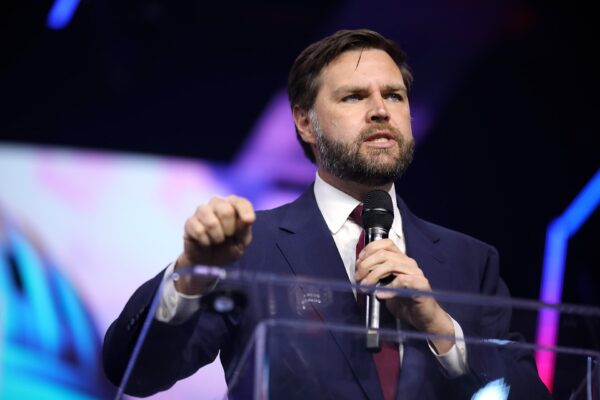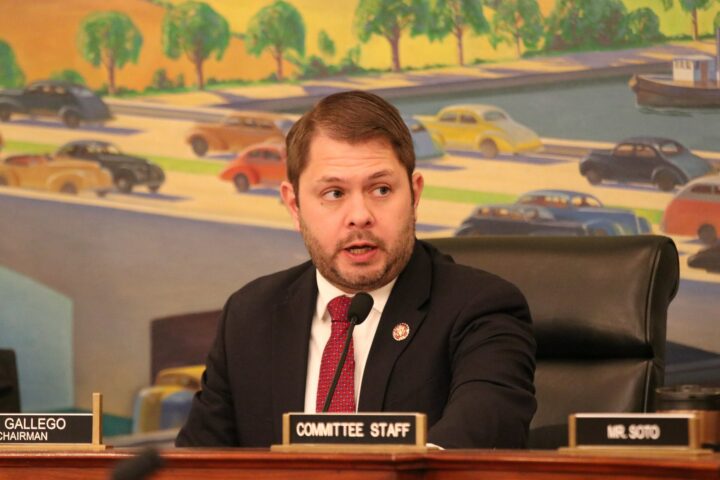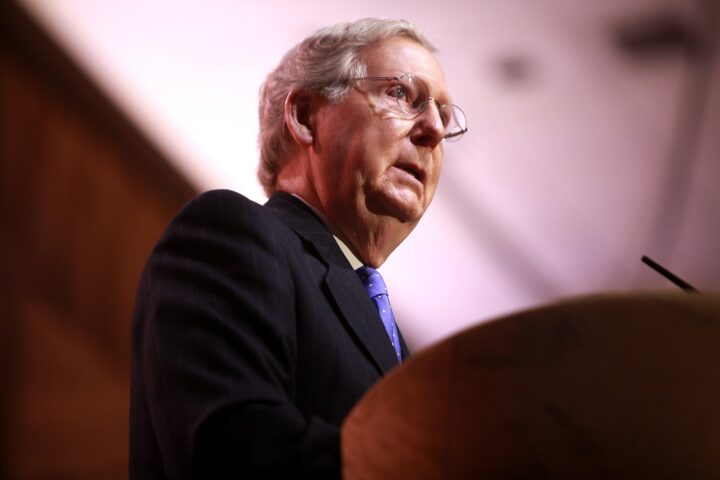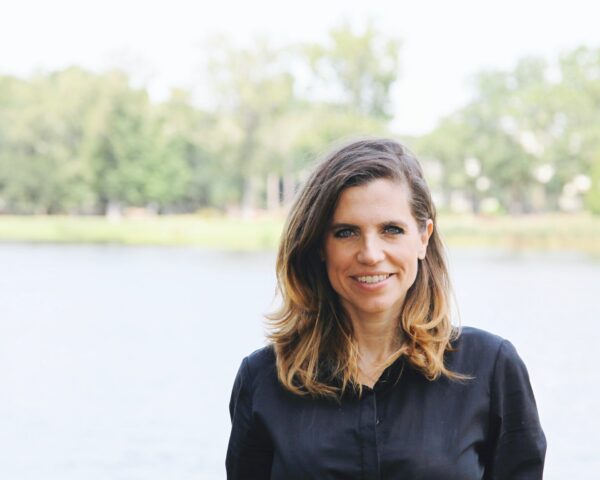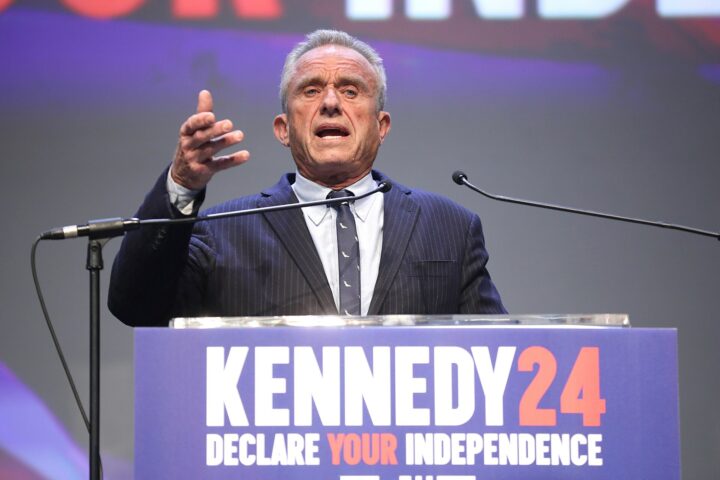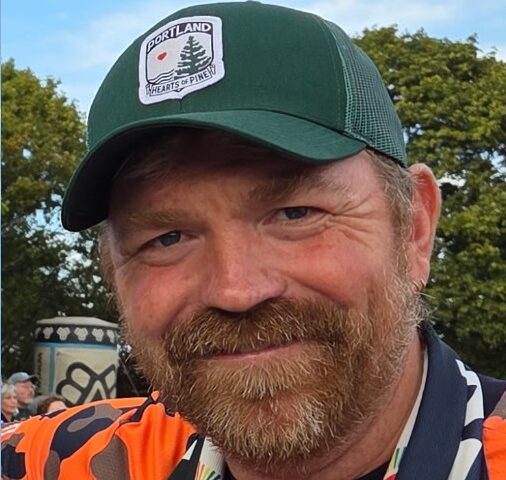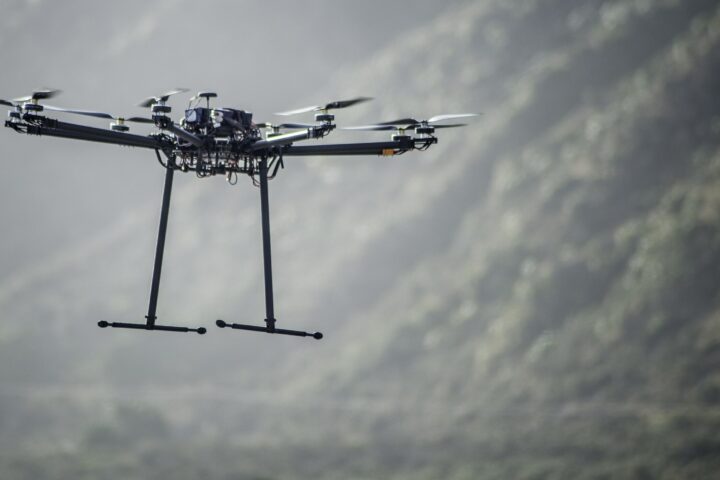The Trump administration and its allies reportedly moved swiftly on Friday to reportedly defend special envoy Steve Witkoff after Politico published an article questioning his role in ongoing negotiations between Russia and Ukraine.
Vice President J.D. Vance, Russian officials, and senior figures close to President Trump dismissed the piece as biased, misleading, and harmful to efforts to secure peace.
“This story from Politico is journalistic malpractice,” Vance declared in a post on X. “But it’s more than that: it’s a foreign influence operation meant to hurt the administration and one of our most effective members.”
Witkoff, a longtime Trump confidant and former real estate developer, has served as the president’s main point of contact with Russian President Vladimir Putin.
He has traveled to Moscow at least five times in the past six months, emerging as a central figure in the delicate discussions. Following Trump’s summit with Putin in Alaska earlier this month, Witkoff announced that Russia had agreed to accept a Western security presence in Ukraine — a breakthrough he called a major concession.
Yet in the weeks since, Moscow has publicly bristled at the notion, repeatedly signaling it will not tolerate such arrangements. Russia has also resisted Trump’s push to bring Putin and Ukrainian President Volodymyr Zelensky together for direct negotiations, a central aim of the administration’s peace initiative.
Politico, citing unnamed sources, painted Witkoff as inexperienced and unreliable, describing him as a “rogue actor” who “will say things publicly but then he changes his mind.” One source accused him of dropping into Moscow, holding private conversations with Putin, and then “just f— off to his life again” without informing colleagues of what had transpired.
The article also suggested Witkoff was overstretched, pointing to his additional assignment handling elements of the Israel-Hamas conflict in Gaza.
Vance and other Trump allies sharply rejected the reporting. The vice president criticized Politico for leaning on anonymous voices while omitting on-the-record statements from senior administration officials. He questioned the motivations of Felicia Schwartz, the correspondent who wrote the article.
“To set the record straight: Steve Witkoff is an invaluable member of our team. He did not mislead anyone on what the Russians told him and what the Russians conceded. (Trust me, I’ve seen the intel.),” Vance said.
The envoy responded by praising Vance’s defense. “This statement from our amazing Vice President speaks for itself,” Witkoff wrote.
The chorus of support extended to Trump’s inner circle. Donald Trump Jr., Secretary of State Marco Rubio, and deputy White House chief of staff Taylor Budowich all rallied behind Witkoff, emphasizing his role in pushing forward a peace process often mired in skepticism from entrenched Washington voices.
Even across the negotiating table, Witkoff drew backing. Kirill Dmitriev, head of Russia’s Direct Investment Fund and a key participant in the talks, wrote on X: “Fake articles lie exactly as @JDVance confirms. Steve Witkoff is under media attack by warmongers who want to derail peace…. Lies will fail, Peace will win,” punctuating his post with a dove emoji.
The backlash highlights a familiar battle line for the Trump administration: a combative relationship with establishment media outlets and a conviction that much of the coverage surrounding its foreign policy is designed to undermine progress.
For Vance, the dustup offered another opportunity to spotlight what he cast as the administration’s commitment to ending a war critics say too many in Washington would prefer to prolong.
[READ MORE: Vance Rallies Wisconsin Crowd, Calls for Trump’s Crime-Fighting Agenda Nationwide]

